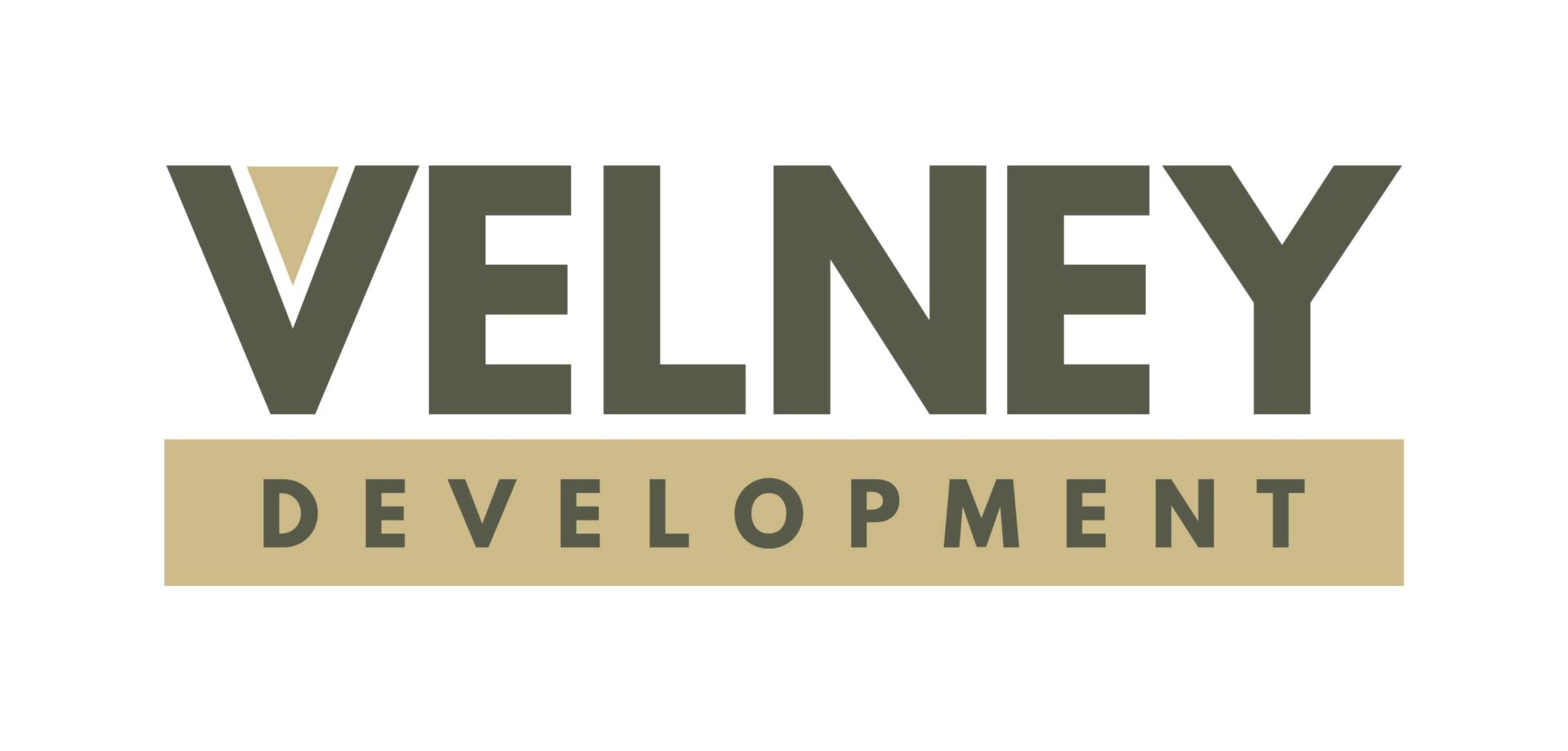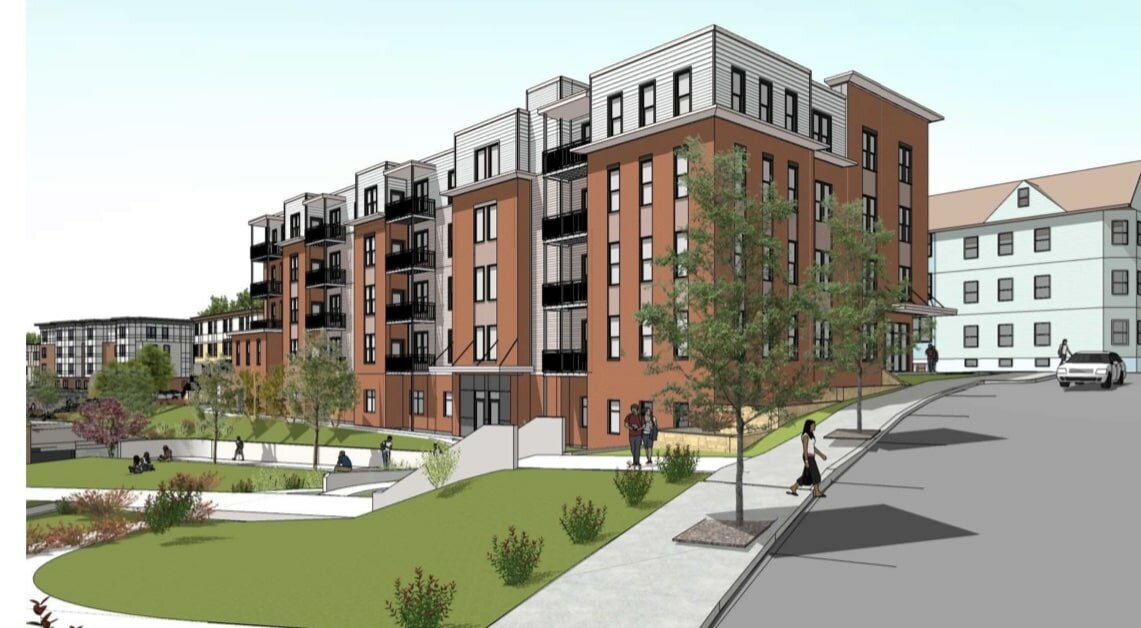Table of Contents
-
Should You Work With a Broker or Go Directly to a Developer?
-
Real-Life Example: A Massachusetts Land Seller Success Story
1. Introduction: Selling Land in Massachusetts
Owning land in Massachusetts is often simple and rewarding—it doesn’t require much upkeep, and it’s an excellent long-term investment. But when it comes time to sell your land, the process can feel a bit confusing, especially if you’re wondering: “How do I sell my Massachusetts land to a developer?”
At Velney Development, a trusted real estate developer and land buyer based in Massachusetts, we frequently receive this question. Selling land is not quite like selling a house—it requires a unique understanding of zoning, market demand, and the developer’s perspective.
This guide will walk you through everything you need to know, from what developers look for to how they determine your land’s value, so you can sell confidently and get the best deal possible.
2. What Real Estate Developers Look For
The first step in selling your land is understanding what makes it attractive to a developer. Developers are in the business of building—whether that means residential communities, apartment complexes, or commercial spaces—and then selling or leasing those properties for a profit.
Here are the main things developers like Velney Development look for in land:
Location and Access to Infrastructure
Developers prefer land that’s close to existing infrastructure, including roads, power lines, water, and sewer systems. The closer these services are, the more affordable and feasible the development becomes.
Even if your property isn’t currently serviced, it’s still valuable. The key is knowing how far utilities are and whether your city or town has plans to expand those services in the near future.
Feasibility and Profitability
At Velney Development, we evaluate land using four key criteria:
-
Physically possible – Can something be built on it, given the size, slope, and soil conditions?
-
Legally permissible – Is it zoned for development, or can it be rezoned?
-
Financially feasible – Does the potential project make economic sense?
-
Maximally profitable – Does the development represent the highest and best use of the land?
We ask: Would this site work better for housing, mixed-use retail, or industrial space? Developers make these decisions based on demand, construction costs, and market trends.
3. Should You Work With a Broker or Go Directly to a Developer?
Many landowners assume that the best way to sell property is through a real estate agent. But when selling to a developer, that’s not always the best route.
Why Brokers Might Not Be Ideal
Most brokers specialize in residential real estate, including homes, condos, and small investment properties. Land sales require a different skill set, especially when the buyer is a developer who needs feasibility studies, zoning reports, and site plans.
The Direct-to-Developer Advantage
By selling directly to a real estate developer like Velney Development, you skip the middleman. This often means:
-
Faster closings (sometimes all-cash purchases)
-
No agent commissions
-
Simplified communication—you’re working directly with decision-makers
At Velney Development, we specialize in urban infill land throughout Somerville, Boston, Worcester, and Springfield. Our team has successfully acquired land zoned for a range of uses, from single-family homes to 230-unit residential buildings.
4. Understanding Zoning Laws in Massachusetts
Zoning plays a significant role in determining the value of your land and the potential uses a developer can make of it. Every city and county in Massachusetts has its own zoning rules that determine what can be built.
By-Right vs. Variance Development
When evaluating land, developers ask two key questions:
-
What can we build by right? – Meaning, the project fits perfectly within current zoning laws.
-
What can we build with variances? – This involves requesting special permission from the city to build something larger or different.
“By-right” projects are usually faster and less risky. However, if the location is strong, both seller and developer may benefit from pursuing a zoning change—potentially increasing the property’s value.
Zoning Timelines in Massachusetts
Zoning processes vary widely across the state:
-
Lynn, MA: Some projects can be approved in as little as 4 months.
-
Boston, MA: Complex projects can take 1–2 years for approval.
When selling, think about your goals:
Do you prefer a quick sale at a discount, or are you willing to wait longer for a potentially higher price after the property is rezoned? There’s no one-size-fits-all answer—it depends on your situation, risk tolerance, and financial goals.
5. The Path of New Construction and Market Trends
Another factor developers consider is whether your land is in the path of growth. If your land is near expanding neighborhoods, schools, or new commercial areas, it becomes far more attractive.
For example, if your property is situated just outside a growing city like Worcester or Springfield, developers may view it as a future development opportunity, even if it’s currently underutilized.
While you don’t have to know all the market data yourself, being aware of nearby construction or city plans can help you better position your land for sale.
6. How Developers Evaluate Land Value
Developers often use what we call a “back-of-the-napkin” analysis to determine how much they can pay for land. Here’s a simplified version of how this process works:
-
Determine the best and highest use of the land.
-
Estimate the project’s market value once completed.
-
Subtract construction costs, design fees, and financing expenses.
-
Factor in desired profit margins based on the level of risk.
-
The result = Maximum price the developer can pay for the land.
Example: Single-Family Home (1,800 sq. ft.)
-
Market Value: $800,000
-
Profit Margin (20%): $160,000
-
Construction Cost: $480,000
-
Design/Overhead/Financing Fees (10%): $80,000
-
Maximum Land Value = $400,000 x 80% – $480,000 – $80,000 = $80,000
This type of calculation helps developers, such as Velney Development, determine fair market offers while ensuring a project remains profitable.
7. Real-Life Example: A Massachusetts Land Seller Success Story
Recently, our firm, Velney Development, purchased a parcel of land from a seller in Springfield, MA. Although we’re headquartered in Somerville and are known for our Boston-area developments, we frequently purchase land throughout Massachusetts.
The seller’s situation was common:
-
They lived far from the property.
-
They were paying property taxes without earning income from it.
-
A neighboring owner had begun encroaching on the land, which could lead to potential legal disputes.
After a brief evaluation process, we made a cash offer and closed the transaction quickly. The seller avoided future headaches, stopped paying unnecessary taxes, and walked away with cash in hand—fast and hassle-free.
That’s the benefit of working directly with a developer like us.
8. Frequently Asked Questions
1. How long does it take to sell my Massachusetts land to a developer?
It depends on the location, zoning, and complexity of the project. Some sales close in a few weeks, while others may take months if zoning changes are needed.
2. Do I need a real estate agent to sell my land?
Not necessarily. You can sell directly to a developer, such as Velney Development, to save on commissions and expedite the process.
3. What if my land isn’t near city utilities?
That’s okay. Developers can evaluate the cost of connecting services or consider long-term development plans.
4. Will I get a fair price for my land?
At Velney Development, we employ transparent evaluation methods that are based on market data, construction costs, and potential profitability to ensure a fair offer.
5. Can I sell land even if it’s vacant or unused?
Absolutely. Vacant land is often ideal for developers because it gives them a blank canvas for new projects.
Sell Your Land to Velney Development
If you’ve been wondering how to sell your Massachusetts land to a developer, now you know the process—and how a professional developer like Velney Development can make it simple.
Whether your land is in Boston, Worcester, Springfield, or anywhere in between, our team can:
-
Evaluate your property quickly
-
Make a fair, no-obligation offer
-
Close fast, often with all-cash deals
Selling raw land can be challenging because it’s a very different kind of buyer. However, if you’re wondering how to sell your land to a developer, these five tips will help you.

